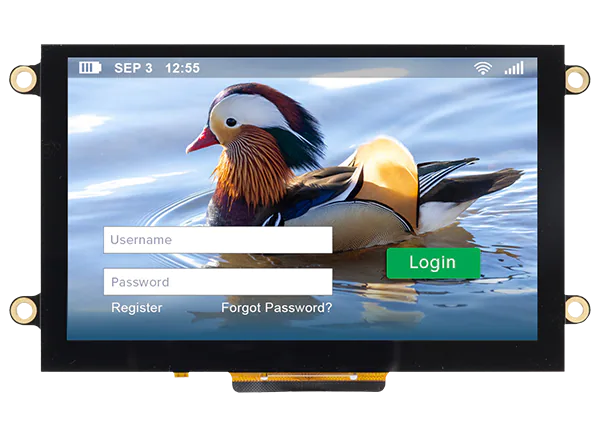
The technology charges low-power indoor (LPI) devices, even in low-light conditions.
Using a development kit, partners can tailor the technology to specific applications. Examples include an autonomous temperature logger, a CO2 sensor, an infrared sensor, and a remote-control device.
“The situation today is unsustainable ,” says Brice Cruchon, CEO, and founder of Dracula Technologies. “A minimum of 50 billion industrial IoT devices are expected to be deployed by 2025. The devices that are already deployed today consume too much energy and generate too much e-waste: 15 billion batteries are thrown away every year!”
“We use organic photovoltaic, the optimal solution to power low energy consumption connected objects. Our ultra-thin products can take any shape, adapting to the smallest imaginable format to respond to a diversity of applications. Moreover, they can be used indoors, which makes them the perfect solution for a future, where more than half of those 50 billion industrial IoT devices will be used indoors.”
Dracula Technologies quickly adapts its technology to customer specifications by using patented techniques to produce organic photovoltaic modules through inkjet printing. The company uses special materials that harvest both natural and artificial light. The technology is delivered as malleable modules that allow manufacturers to design small, connected eco-friendly objects in a variety of shapes. Manufacturers benefit in the following ways:
Their products can be powered by ambient light:
LAYER generates electricity as little as 50 lux, which is the intensity of light emitted by emergency exit panels.
- They can lower costs: They no longer need to factor battery changes into their maintenance plans.
- Their products can take on a variety of shapes: The industrial process of digital printing makes it possible to conform to any imaginable shape.
- They can market environmentally friendly solutions: They will minimize both power consumption and e-waste.
“We recently raised €5,5 million euros with French institutions and Semtech. The company was selected from over 1000 European startups and received a grant of €1,6 million in equity funding from the European Innovation Council,” says Cruchon. “We are now entering the industrialization phase. We currently have a production capacity of around 15 thousand modules per week, and we expect by the end of 2023 to scale up production to 10 million modules per year.”
LAYER is compatible with a wide range of communications protocols. Applications range from Smart Building, Smart Home, and Connected Supermarkets to Industry 4.0 and Autonomous Vehicles.
Product designers can order a demokit to build prototypes.







